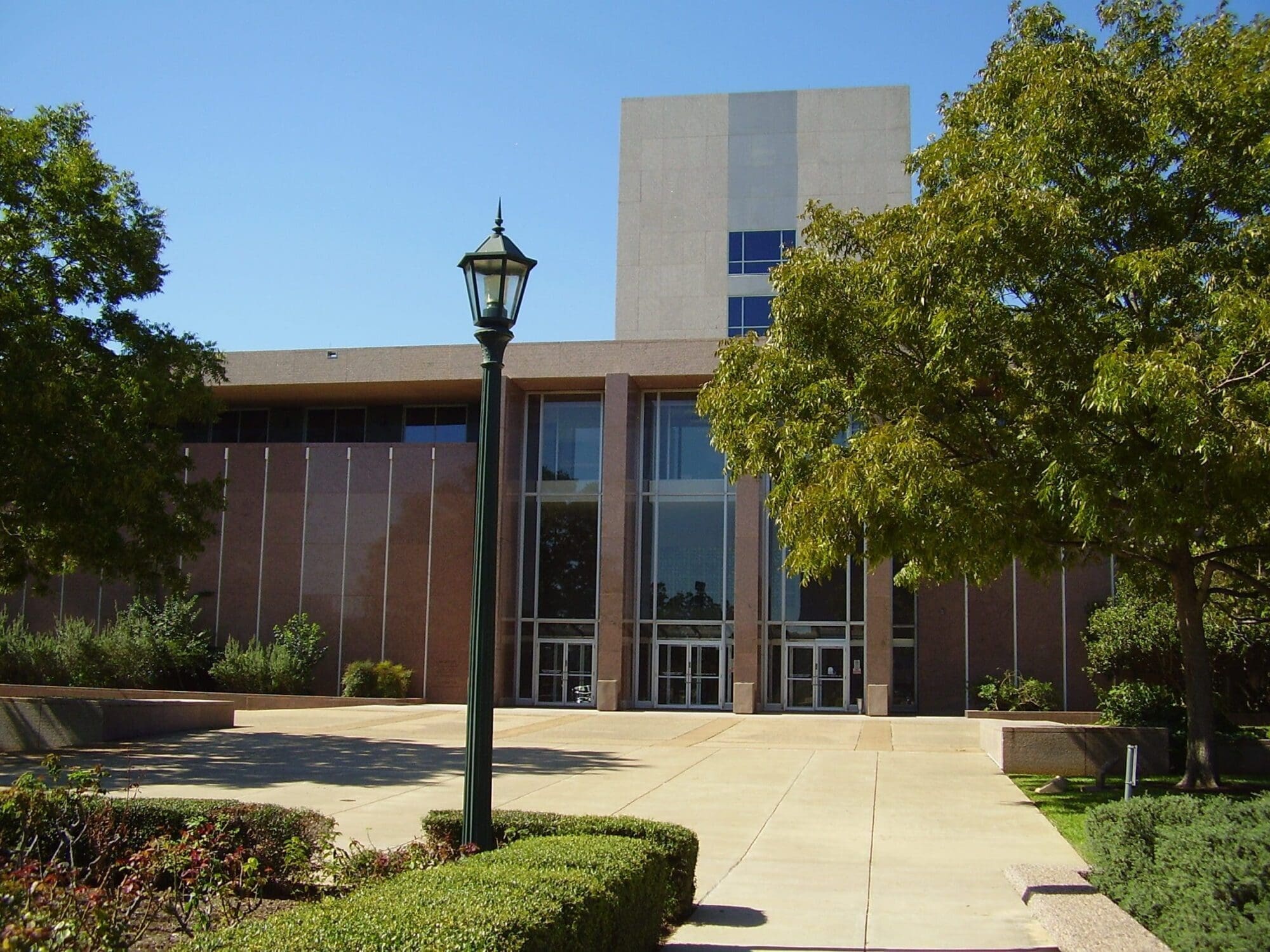A 2021 decision by the Texas Court of Criminal Appeals that took the power to prosecute election fraud out of the state attorney general’s hands has become a major issue in the Republican primary election for three of the court’s seats.
In an 8-1 decision in December 2021, the Court of Criminal Appeals—Texas’ highest court on criminal matters—said that a state law granting the attorney general the power to unilaterally prosecute election cases is unconstitutional, as they argued the attorney general is not given the express authority to do so by the Texas Constitution.
Under the Texas Constitution, criminal prosecution is specifically assigned to local district and county attorneys. The attorney general had argued that a provision in the Constitution granting him the authority to “perform such other duties as may be required by law” allowed him to exercise prosecutorial authority granted by statute. The Court of Criminal Appeals disagreed, holding that clause did not “expressly permit” the statutory grant of power and, therefore, the separation of powers provision of the Constitution prohibited it.
Attorney General Ken Paxton vocally disagreed with the ruling, saying, “Soros-funded district attorneys will have sole power to decide whether election fraud has occurred in Texas,” later asking the court to rehear the decision.
They didn’t and now, nearly three years later, three of the court’s nine members are up for reelection: Presiding Judge Sharon Keller, Judge Barbara Hervey, and Michelle Slaughter. All three voted to strip the AG of prosecutorial power in election fraud cases, maintaining that their stance is the “originalist” position. Each of the three incumbents has received money from the Texans for Lawsuit Reform PAC, an organization that has opposed Paxton.
In return, Paxton has endorsed primary challengers to each member: David Schenck, Gina Parker, and Lee Finley.
In a speech in Beaumont last month, Paxton blasted the court for stripping his office of the power to go after voter fraud.
“They come out of the blue after 71 years and they tell the attorney general and the legislature that it is now 71 years later magically unconstitutional for the Attorney General of Texas to go to court,” said Paxton.
“Here we are. Anybody can cheat as much as they want in Texas. What’s gonna happen? Nothing, nothing. And that’s what they wanted,” he added.
To that end, Paxton says he has recruited and endorsed three challengers in the upcoming Republican primary election: David Schenck, Gina Parker, and Lee Finley.
“My own attorneys told me ‘You better not do this, because they will put you in prison.’ And I said, ‘Let him do it. I’ll speak from prison,” said Paxton.
In response, Judge Michelle Slaughter—who has been the most vocal of the three challenged incumbents on the issue—accused Paxton of not reading the constitution, her dissent, or her podcast interview with The Texan.
“If he had done any one of those things, he would understand that our Texas Constitution gives the EXCLUSIVE duty to prosecute ALL crimes (including voter fraud) to the district and county attorneys. As a constitutional conservative and originalist judge, I will NEVER JUDICIALLY AMEND our Texas Constitution. Constitutional amendments are for “We the People” to decide – not judges,” Slaughter wrote on X.
Early voting begins Tuesday, February 20. Election day is March 5.
No ads. No paywalls. No government grants. No corporate masters.
Just real news for real Texans.
Support Texas Scorecard to keep it that way!





